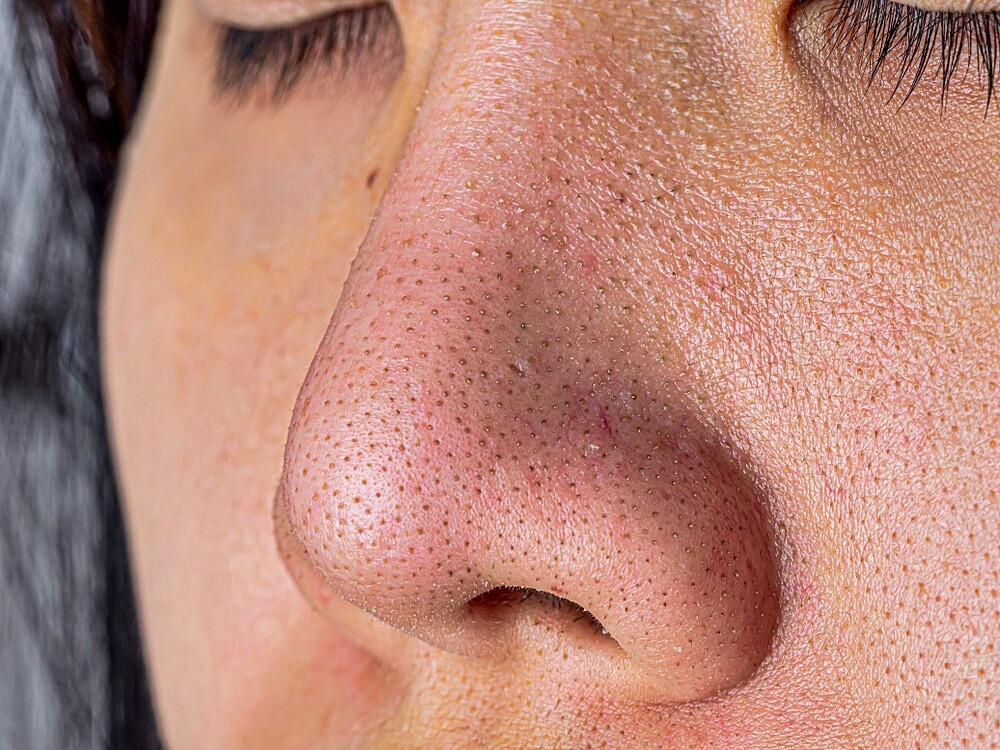A dry nose can have various causes. Here you can find out which triggers are typical and what can help against a dry nose.
Dry nose: What’s behind it?
If someone has a dry nose, he actually means that he suffers from a dry nasal mucous membrane (rhinitis sicca). In order for this mucous membrane to be able to fulfil its functions (preparation of the air we breathe, defence against germs), it must be moisturised – which it usually provides for itself by forming a protective secretion. However, various triggers cause the nasal mucous membrane to dry out, which can cause symptoms such as itching or burning. Depending on the cause, a dry nose can usually be treated well.
Possible triggers for a dry nose
If the nasal mucous membrane is dried out, this can have the following causes:
- Sniffles, general infections like colds
- Allergy
- Dry air, for example from air conditioning or heating
- Frequent nose blowing
- Climatic factors, e.g. severe cold or strong sun
- Cigarette smoke
Typical symptoms of a desiccated nasal mucosa
If the nose is dry, the following symptoms may occur:
- Nose clogged
- Olfactory sense disturbed
- Itching or burning
- Sneezing stimulus (when the dryness spreads into the paranasal sinuses)
- Nosebleed (the tiny injuries are covered by crusts that tear open again when you blow your nose – this causes new crusts to form, which can cause even stronger nosebleeds)
In addition, there is a generally higher risk of infection, as germs are more difficult to fend off.
Treatment: What to do against a dry nose?
If the nose is dry because of another underlying disease such as an infection, it must first be treated. Possible crusts should be removed carefully – if necessary, also by a doctor. The nose must be moistened so that the mucous membrane can resume its function. With the help of decongestant nasal sprays or drops, a blocked nose can be freed. However, these products should be taken exactly as instructed on the packaging and only for a short time – otherwise there is a risk of becoming dependent on them after just seven days. In addition, the products you use should be as free as possible from preservatives. In addition, the nasal mucous membrane can be moistened by making sure that you drink enough water – at least two litres of water a day should be enough.
Extra tip: If you have a dry nose, your eyes are often dry too. Eye drops, which you can also get in the drugstore, can help here.

